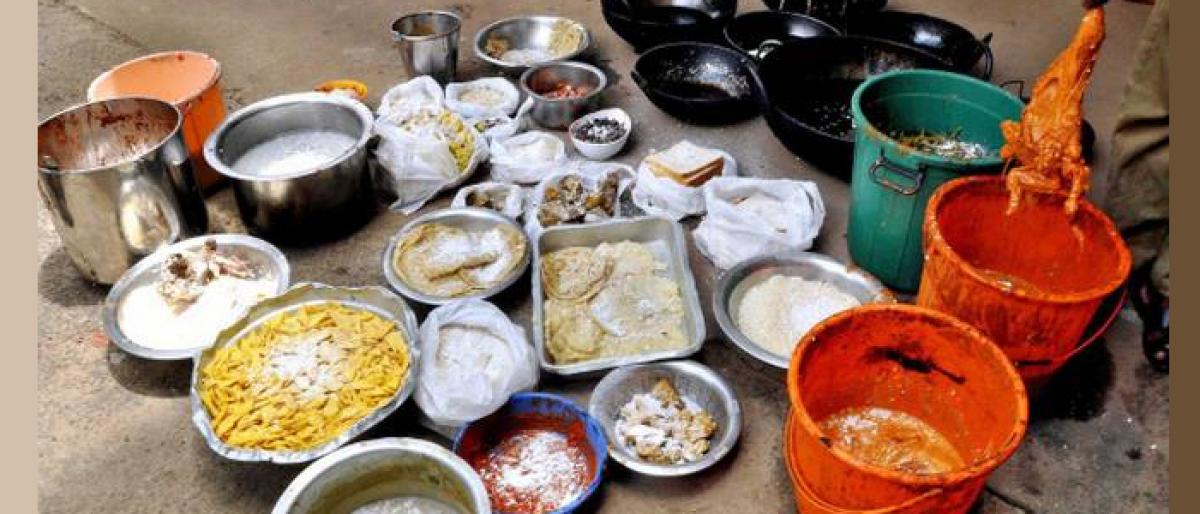Introduction:
The monsoon season brings relief from the scorching heat and rejuvenates the environment. However, along with the rain, this season also brings its fair share of health hazards. The increase in humidity and moisture creates favorable conditions for the growth of bacteria, viruses, and mosquitoes, leading to common illnesses. To stay safe and enjoy the monsoons to the fullest, it's important to be aware of these health hazards and take preventive measures. In this blog post, we will discuss how to stay safe and prevent common illnesses during the monsoon season.
1. Waterborne Diseases:
Contaminated water is a significant concern during the monsoons. To prevent waterborne diseases like typhoid, cholera, and gastroenteritis, ensure that you consume safe drinking water. Drink boiled or purified water and avoid consuming raw or uncooked food that may have been washed with contaminated water. Also, be cautious when eating street food or consuming food from unhygienic places.
2. Mosquito-borne Diseases:
Mosquitoes thrive during the monsoon season, increasing the risk of diseases like dengue, malaria, and chikungunya. Protect yourself by using mosquito repellents, wearing long-sleeved clothing, and using mosquito nets while sleeping. Avoid stagnant water around your living spaces as they serve as breeding grounds for mosquitoes. Keep your surroundings clean and eliminate any sources of standing water.
3. Respiratory Infections:
The high humidity during the monsoons can lead to an increase in respiratory infections like the common cold, flu, and viral fever. To minimize the risk, maintain personal hygiene by washing hands frequently and avoiding crowded places where the transmission of infections is more likely. Boost your immune system by consuming a healthy diet, staying hydrated, and getting adequate rest.
4. Skin Infections:
Fungal and bacterial infections are common during the monsoon season due to increased moisture. To prevent skin infections, keep your body clean and dry, especially in areas prone to sweating. Avoid wearing wet clothes for extended periods and opt for loose, breathable clothing. Use antifungal powders or creams as recommended by healthcare professionals if needed.
5. Foodborne Illnesses:
Food contamination is more prevalent during the monsoon season. To avoid foodborne illnesses like food poisoning, be cautious when consuming street food or eating at unhygienic places. Opt for freshly cooked meals, and ensure that fruits and vegetables are thoroughly washed and properly cooked. Avoid eating raw or undercooked seafood and always opt for well-cooked meals.
6. Stay Hydrated and Maintain a Healthy Diet:
Proper hydration is essential during the monsoons to flush out toxins and maintain overall health. Drink an adequate amount of water, even if you do not feel as thirsty as you would during hot weather. Consume a well-balanced diet rich in fruits, vegetables, and immune-boosting foods to support your body's defenses against illnesses.
Conclusion:
While the monsoon season brings joy and relief, it is crucial to prioritize your health and take preventive measures against common illnesses. By following these tips, such as consuming safe drinking water, protecting yourself from mosquitoes, maintaining personal hygiene, and practicing food safety, you can minimize the risks associated with monsoon health hazards. Embrace the beauty of the monsoon while keeping yourself safe and healthy, allowing you to fully enjoy the season's charms.



No comments:
Post a Comment
Thank u very much for your valueable comment.